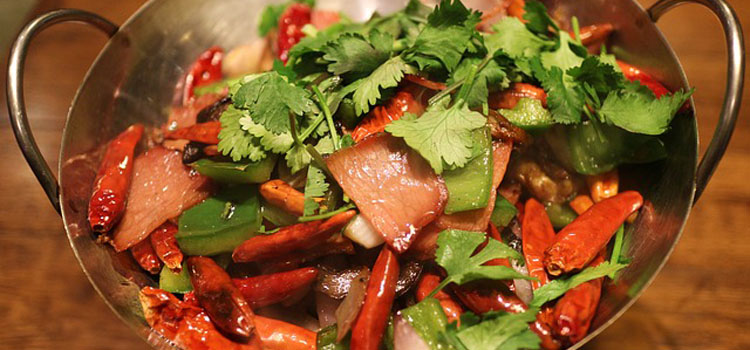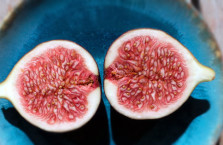Nutrition affects every single cell in our body, the health of which depends on diet and lifestyle. Cells create tissues, tissues create organs, and we are made up of a system of organs. If your nutrition is inadequate, the integrity of each cell, tissue and organ in your body will suffer, thus you may be more sensitive to certain foods.
The relationship between the gut, food, and illness has received a growing amount of attention illuminating the importance of uncovering hidden food allergies. Food can be your greatest ally in preventing and treating illness, or your greatest enemy-causing inflammatory diseases such as heart disease, cancer, diabetes and problems with weight gain, autoimmune diseases, and mood disorders. Left undiagnosed the food is eaten over and over sometimes multiples times per day causes inflammation to creep into the body creating the perfect environment for chronic disease and weight gain.
Did your Grandparents have food allergies? Mine sure didn’t. More and more people suffer from food allergies with every generation, and here’s why. Here are the top 7 reasons why your Grandparents didn’t suffer from food allergies, but you do!
1. THEY ATE SEASONAL REAL FOOD

Food came from farms and small markets in the early 1900’s, and because food preservatives were not widely used yet, food was fresh. Because of the lack of processed food, their diets were nutrient dense allowing them to get the nutrition they needed from their food.
For babies, breast milk was valued and it was always in season.
2). THEY DIDN’T DIET, AND PLAY RESTRICTIVE GAMES WITH THEIR BODY AND METABOLISM. THEY ATE FOOD WHEN FOOD WAS AVAILABLE.
Our grandparents did not fall victim to fad diets, food marketing, calorie counting, and other detrimental dieting habits that are popular today (in part because the marketing infrastructure didn’t exist yet). Because of this they had a healthy metabolism, and ate according to their body’s needs and cravings.
3. THEY COOKED FOOD AT HOME, USING TRADITIONAL PREPARATION METHODS FROM SCRATCH.
Buying processed food was not an option, and eating out was a rare luxury. Lucky for our grandparents these habits actually increased their health.

4. THEY DIDN’T EAT GMOS, FOOD ADDITIVES, STABILIZERS AND THICKENERS.
Food was not yet treated with additives, antibiotics and hormones to help preserve shelf life and pad the pockets of food producers in the early 1900’s at the expense of the consumer’s health.
5. THEY ATE THE WHOLE ANIMAL THAT INCLUDED MINERAL RICH BONE BROTHS AND ORGAN MEATS.
Animal bones were saved or bought to make broths and soups, and organ meats always had a special place at the dinner table. These foods were valued for their medicinal properties, and never went to waste.
6. THEY DIDN’T GO TO THE DOCTOR WHEN THEY FELT SICK OR TAKE PRESCRIPTION MEDICATIONS. DOCTOR VISITS WERE SAVED FOR ACCIDENTAL INJURIES AND LIFE THREATENING ILLNESS.
When they got a fever, they waited it out. When they felt sick, they ate soups, broths and got lots of rest. They did not have their doctor or nurse on speed dial, and trusted the body’s natural healing process a whole lot more than we do today. Their food was medicine, whether they realized it or not.
7. THEY SPENT LOTS OF TIME OUTSIDE.

Our grandparents didn’t have the choice to stay inside and play on their phones, computers and gaming systems. They played on the original play-station: bikes, swing-sets and good ol’ mother nature!
View the original article on Butternutrition for more great nutrition information and tips.













